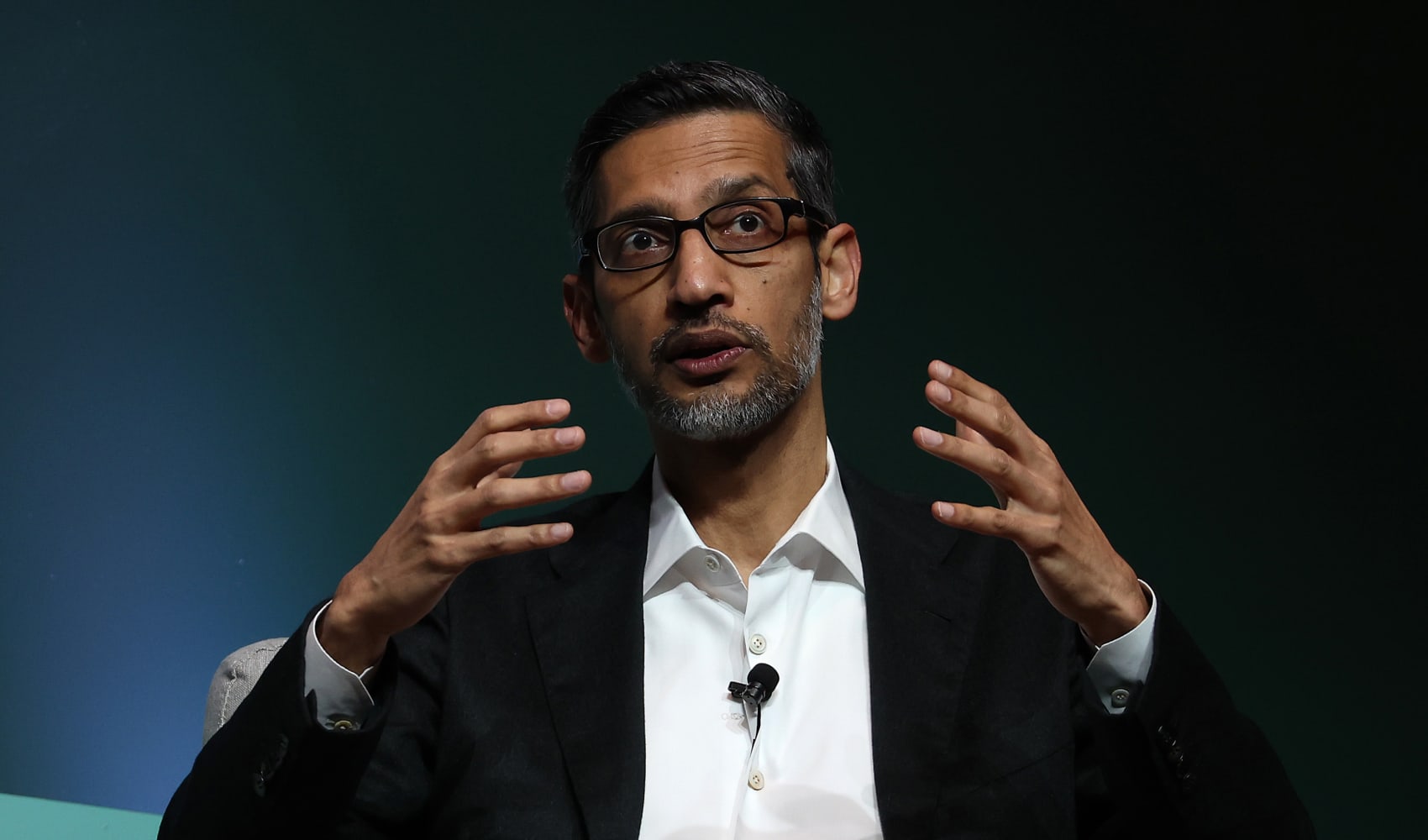
When it comes to taking risks, Netflix co-founder Reed Hastings has an important rule of thumb.
"I try to take a lot of risks on things that are recoverable," Hastings said in a recent conversation on entrepreneur Tim Ferriss' podcast.
Experimenting with reversible risks can "help you get more done," said Hastings, who launched Netflix in 1997 and now serves as chairman of the $260 billion streaming giant. Otherwise, you can get bogged down in hand-wringing over every potential worst-case scenario to the point that you're afraid to take any timely risks at all.
"[It] just gets in the way of creativity," Hastings said. "In most fields ... you want to move fast, and some things don't work, and you fix them fast."
Get San Diego local news, weather forecasts, sports and lifestyle stories to your inbox. Sign up for NBC San Diego newsletters.
Hastings' approach is borrowed from Jeff Bezos' leadership style at Amazon, the Netflix co-founder noted.
Bezos looks at risks as either "one-way doors [or] two-way doors," the Amazon founder told the "Lex Fridman Podcast" last year. A two-way door risk is easy to take because it's reversible, so "you can come back in and pick another door," Bezos said.
But a one-way door risk probably can't be undone. "You go in that door, you're not coming back," said Bezos. "Those decisions have to be made very deliberately, very carefully."
Money Report
Hastings agreed: "I think that's a great business philosophy. I share it."
At Netflix, greenlighting new shows that aren't guaranteed hits may be considered a recoverable risk: If a show proves unpopular with viewers, the streaming giant can cancel it, using its revenue from safer, lower-risk programming to cover the financial losses.
In 2017, Hastings told CNBC he was actually pushing his content team to "take more risk" in that regard. "Our hit ratio is way too high right now," he said, adding: "You have to try more crazy things."
The strategy can lead to surprise hits — Hastings cited the series "13 Reasons Why" as an example — or valuable lessons from the failures on what doesn't work, and why.
Entrepreneurs typically show higher tolerance for risk than people in other professions, research shows. Hastings, for example, has "always been very comfortable" taking risks, even going back to his younger years when he "spent a bunch of college hopping freight trains and traveling around," he told Ferriss.
Hastings has also cited his post-college days in the Peace Corps, when he taught math to children in Swaziland, as an experience that made entrepreneurship feel less daunting. "Once you have hitchhiked across Africa with ten bucks in your pocket, starting a business doesn't seem too intimidating," he told Fortune in 2007.
"I think all of that very much contributed to my entrepreneurial success once getting into business in tech, because I wasn't afraid to fail," he added on Ferriss' podcast.
As to why some people are less likely to shy away from risks than most — even if it means accepting potential failure — Hastings theorized that it's in their "DNA."
"I think a lot of it is random genetics," he said. "You either have a propensity to be cautious or a propensity to take risk."
Want to make extra money outside of your day job? Sign up for CNBC's new online course How to Earn Passive Income Online to learn about common passive income streams, tips to get started and real-life success stories. Register today and save 50% with discount code EARLYBIRD.
Plus, sign up for CNBC Make It's newsletter to get tips and tricks for success at work, with money and in life.






